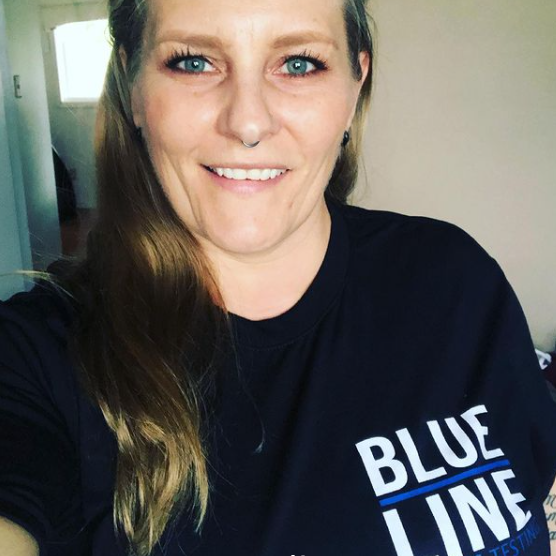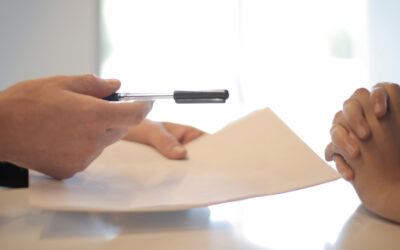

Want to ace the test?
Whether it’s a practice or official test, we can help.
- You should already be training on a regular basis, at least 3 times per week.
- You should be training both your anaerobic and your aerobic cardiovascular systems with combinations of sprint training, endurance-based runs and weight training.
- Leg strength, core strength, and upper body strength are all important – be sure you are training these specific areas as well.
- Wear clean & dry running shoes with good tread for your testing session. Shoes with worn out treads or that have excessive dirt embedded in the soles reduce traction for the pulling and pushing phase of the test. Good footwear is important!
- Get a good nights’ sleep – Ensuring you are well rested and your muscles have had time to relax is important in achieving top performance.
- Visualization can be effective for this type of testing as well. Visualize each section of the test and see your self being successful at each stage. Take a few deep breaths between each visualization and commit to memory that feeling of success.
- Nutrition is a key component for this type of testing. 3 days prior to the test, begin carb loading (this does not mean gorging yourself on pasta and rice). Carb loading will leave your body well hydrated and fueled come test day so that you will be able to finish the test feeling strong. For an average Target Calorie Intake: 2000kcal this is what the break down could look like.
- 80% Carbohydrates / 400g / 1600 Calories
- 15% Protein / 75g / 300 Calories
- 5% Fat / 11g / 100 Calories
- 2 or 3 Days Before: Switch to Carbs from now through to test morning. 85 to 95 percent of your diet should be carbs.
- The Night Before: Don’t stuff yourself. Dinner should be relatively small, but carb heavy. Eat a bit earlier so you have lots of time to digest. You want to wake up test day hungry and not full from the night before.
- Test Morning: Have Breakfast. Three hours before the start, eat 150 grams of carbs, like a banana and yogurt or sports drink and oatmeal.




